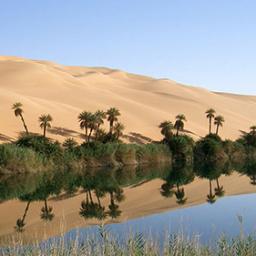Europeans were lactose intolerant for 4,000 years
New research has revealed that ancient Europeans adapted the ability to digest dairy much later than expected. It's long been known that after humans transitioned from hunter gatherers to farmers, many populations also evolved the ability to tolerate lactose, a sugar found in dairy. But new DNA evidence now shows that this ability evolved much later in certain populations - and for 4,000 years ancient Europeans were eating cheese, despite not being able to stomach it.
Scientists had estimated that lactose tolerance must have evolved around 7,000 years ago or more, when cheese-making first started. But the researchers found that the genes didn't actually appear until 3,000 years ago. The next step is to map the distribution of the lactose-tolerant gene further, and find out more about how our genetics changed in response to our diet.
This seems to show that human evolution doesn't happen as quickly as expected, and lends some credence to the saying: Starving people have no food allergies.
Scientists had estimated that lactose tolerance must have evolved around 7,000 years ago or more, when cheese-making first started. But the researchers found that the genes didn't actually appear until 3,000 years ago. The next step is to map the distribution of the lactose-tolerant gene further, and find out more about how our genetics changed in response to our diet.
This seems to show that human evolution doesn't happen as quickly as expected, and lends some credence to the saying: Starving people have no food allergies.
